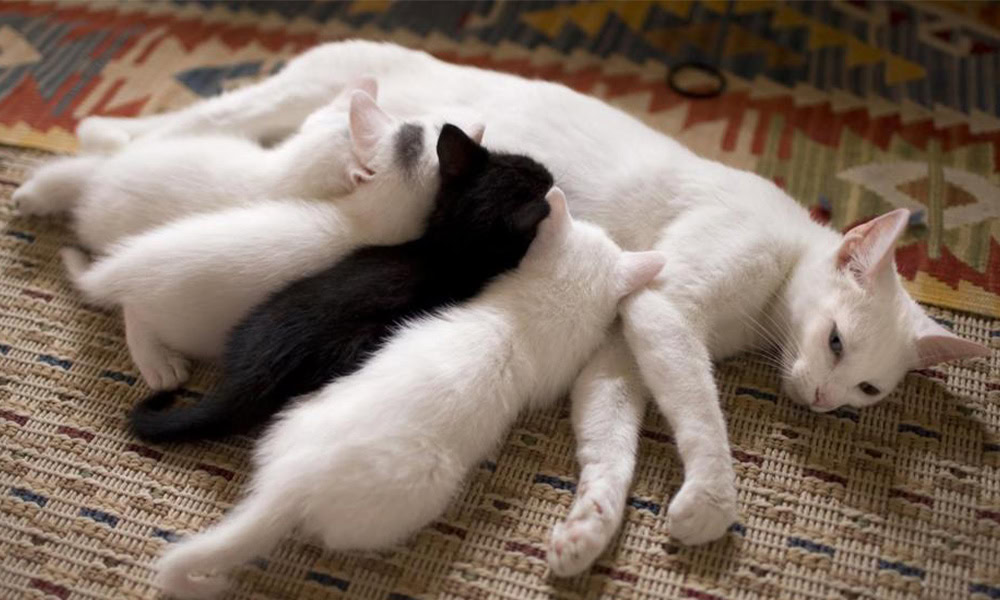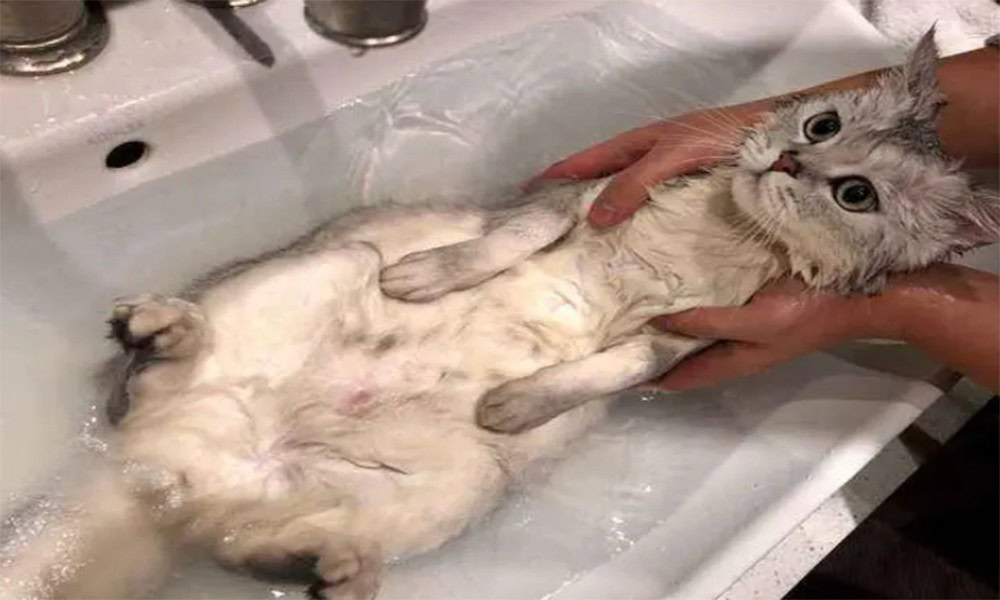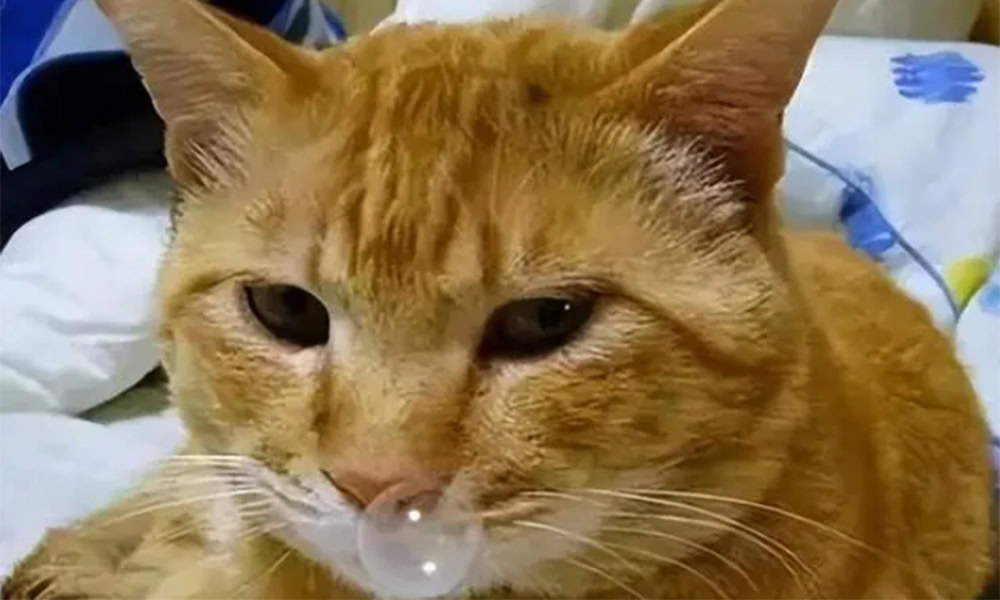Nutritional Needs of Kittens: Key Nutrients, Daily Requirements & Food Sources
Feeding a kitten isn’t just about filling the bowl. To raise a healthy, energetic, and strong cat, understanding the nutritional needs of kittens is critical. During their early growth stage, kittens need more energy and nutrients than adult cats. This article covers the six essential nutrients kittens require, their specific needs, and what types of food to provide.
The Six Essential Nutrients for Kittens
1. Water
Water is vital for metabolism, temperature regulation, and all body functions. While cats tend to drink less water than other animals, they still need an adequate supply.
•Daily Requirement:
•Kittens: 60–80 ml per kg of body weight
•Adult cats: 40–60 ml per kg
•Sources: Clean drinking water, wet food, and metabolic water from nutrient breakdown
2. Carbohydrates
Carbohydrates provide a quick energy source and support digestive health through fiber.
•Daily Need: No fixed requirement, but should be part of a balanced diet
•Sources: Rice, corn, potatoes, wheat
•Note: Easily digestible carbs like rice and corn are ideal for kittens
3. Fats
Fats offer twice the energy of carbs or proteins. They help form cell membranes, support brain development, and maintain a shiny coat.
•Recommended Level:
•Kittens: Around 22% of dry matter
•Safe range: 15%–40% of dry matter
•Sources: Animal fat, fish oil, poultry fat
4. Proteins
Protein is the most important nutrient for kittens. It supports growth, muscle development, and immune strength.
•Requirement: Kittens need 2x the protein (per kg) compared to adults
•Sources: Meat, fish, eggs, liver
•Essential Amino Acids: Kittens need high-quality animal proteins rich in taurine and arginine
5. Vitamins
Some vitamins cannot be synthesized by cats and must be obtained from food.
•Critical for: Vision, immunity, reproduction, and overall development
•Sources: Liver, eggs, fish, commercial supplements
•Note: Higher needs during pregnancy, illness, and growth phases
6. Minerals
Minerals support bone development, nerve function, blood clotting, and enzyme activities.
•Key Minerals: Calcium, phosphorus, potassium, magnesium, iron, zinc
•Sources: Meat, bones, organ meat, fortified kitten food
•Note: Imbalanced mineral intake can lead to bone deformities or organ dysfunction
Essential Fatty Acids & Amino Acids
In addition to the six major nutrients, kittens also need specific fatty acids and amino acids for skin, coat, and immune health.
•Fatty Acids: Omega-3, Omega-6 (e.g., EPA, DHA, linoleic acid)
•Amino Acids: Taurine, arginine, leucine
•Sources: Fish oil, organ meats, supplements
Feeding your kitten the right balance of nutrients during its early life is the foundation of a healthy adulthood. Choose a high-quality kitten food that meets all six major nutrient needs, and always ensure access to fresh water. With the right diet, your kitten will grow into a happy, healthy, and active cat.


